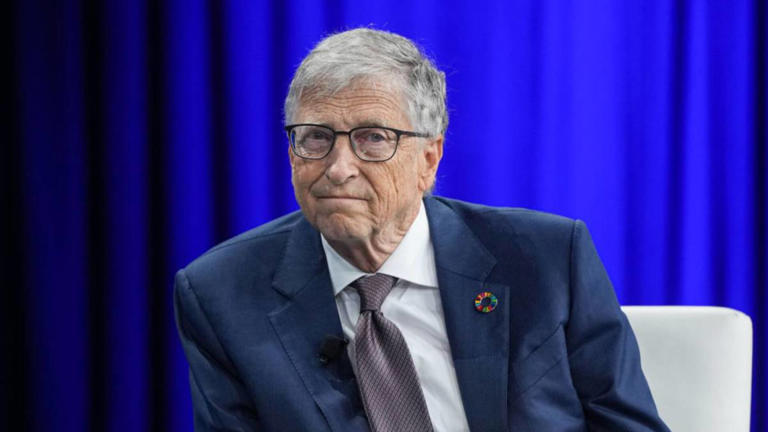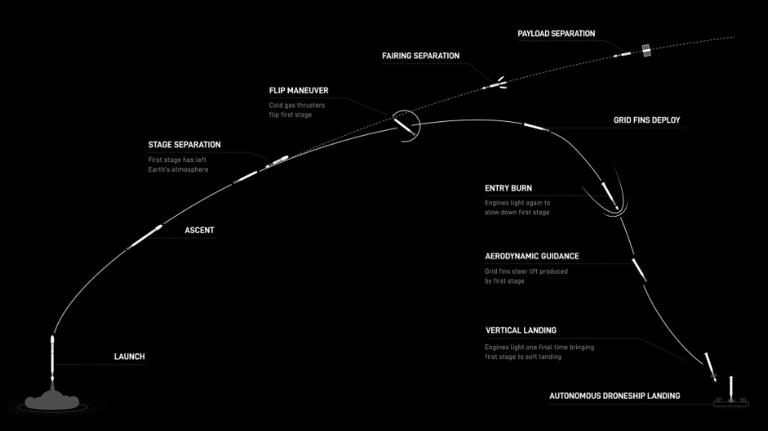
Prime Minister Robert Abela on Sunday stressed the importance of not politicizing the debate on euthanasia,
Government recently launched a two-month public consultation process on its proposed principles and safeguards on Assisted Voluntary Euthanasia, where only those who meet the criteria of having an incurable, irreversible terminal illness expected to cause death within six months would be eligible under the proposed safeguards. The government had said that under no circumstance can euthanasia be requested due to old age or any illnesses from old age, disability, or mental health conditions, and that the option for assisted voluntary euthanasia must never be offered by medical professionals, among other safeguards.
During a Labour Party activity with youths, Abela spoke about this issue.
“God forbid the public discussion we will have becomes politicised,” he said.
“This has nothing to do with partisan politics. Here we are talking about a fundamental question regarding the choice of a person who knows they have 6 months to live, certified by 3 doctors – one of who is a psychiatrist certifying that the person is mentally capable of taking that decision, a doctor, and a specialist of the illness the person is suffering from.” He said that there are other safeguards proposed. Abela added that nobody would be able to take that decision for the patient, not the children, not family members, only the individual, and said that there are other criteria that further limit the circumstances in which a patient could take such a decision.
These are principles that, even when the public discussion comes to a close, “we should not move away from,” he said.
He stressed the need for the discussion to be respectful, and for no scaremongering. “We are talking about a very sensitive subject.”
Those who are going through the reality of having months to live, or families of persons who passed through struggles before passing away, “can speak more about the subject than I can,” he said.
Before this public consultation was issued, he said, “we strengthened palliative care. With the agreement we signed with Hospice Malta, we invested millions of euro that came from the citizenship by investment scheme to create a specific centre for palliative care, aside from the beds we have at Sir Anthony Mamo Oncology Centre,” he said.
Abela said that while access to these services is provided, he believes people going through these sensitive times should be given a personal choice, “a choice that will be for the individual, not for anyone else.”
He said that the debate should be civil. “Let’s not let this discussion be dominated by politicians, let’s allow the people to talk,” he said.
“If one looks at the proposals, we didn’t go with an aggressive version,” he said, adding that he believes the principles government issued have the needed safeguards. “It could be something slipped by us and that’s why we went to the people for their reaction. It could be we have too much restriction, I don’t think we do, but let’s talk to people, let’s listen to those families who saw their loved ones in agony and who wanted to have this option, but didn’t. Let’s listen to the people who passed through these realities and then take a final decision.”
Government working on updating golden passport regulations
Regarding the golden passports scheme, the Prime Minister said that the way forward is for the country to have a set of regulations that respect the principles which emerged in the EU Court Judgement, that had found Malta’s scheme in breach of EU rules.
Prime Minister Abela said that he looks at the court judgement with respect, even though he doesn’t agree with it. He mentioned that the Advocate General of the EU had given his opinion which was different from the court’s decision. Abela said that “it is not normal” for the court to go against that opinion.
He said there were “Maltese exponents who have influential positions in the EU Parliament who used all their strength in the EU institutions, and we know what the balance of power is in the EU corridors, to damage their country. If there was one main factor why the EU Commission moved against Malta back in 2020 it was this. We had a systematic attack.”
He mentioned Simon Busuttil making a systematic attack on this scheme in 2017, “but in the PN’s electoral manifesto in 2017 it said that they will keep the programme but modify it. We had that hypocrisy.” He said that Roberta Metsola, Simon Busuttil, David Casa celebrated when the court judgement was issued, saying they were right. “They celebrated a judgement against their country.”
Abela said Portugal has a scheme which is similar, but not identical. Malta’s first position will be “like with like,” he said, mentioning that 3 or 4 states have similar schemes.
Regarding the economic impact, Abela said that this decision by the court will not have an impact on the country’s economy.
He mentioned that the programme helped do so much good for organisations like Hospice Malta and Puttinu Cares. “The wealth that came from this we invested it all in social projects.”
He said that the government’s approach will be “respect towards the Commission and the EU Court of Justice judgement, but at the same time having a regulatory framework through which this kind of programme respects the principles of the judgement.”
He said that the Opposition spent years breaking the programme, but added that “the time has come to pull the same rope, the practitioners, government and opposition, so that with respect to the court and EU Commission, we would have a set of regulations that respect all these principles, but not that we kill the programme.”
He was also asked about the idea of the government renegotiating Manoel Island to turn it into a public open space.
Abela said that the Manoel Island concession was given in the 90s by a PN administration, and that it also concerned Tigne Point.
“You have a concession approved by parliament for Tigne Toint and Manoel Island.”
“There are two choices. The government can choose to take hundreds of millions of euro from tax funds and give them to the developers, as they have the rights that emerge from the concession.”
“Let’s not try and say that there is another method through which a contract approved by parliament is taken from the developers where you give them nothing for it.”
“If we made that choice (to take the island back) it would mean giving hundreds of millions of euro to these individuals, and I don’t think that would be the best road forward.”
He said that they can create other parks, mentioning that there are four sites in development zones that were removed from development zones. He mentioned other projects which were already completed, such as the dilapidated old factory in Ta’ Qali which was turned into the Ta’Qali National Park. “But if you had to tell me to take the same reasoning to Manoel Island, that is a choice, but I think it would be a choice that would not maximise the use of the peoples’ taxes when you have alternatives.”












